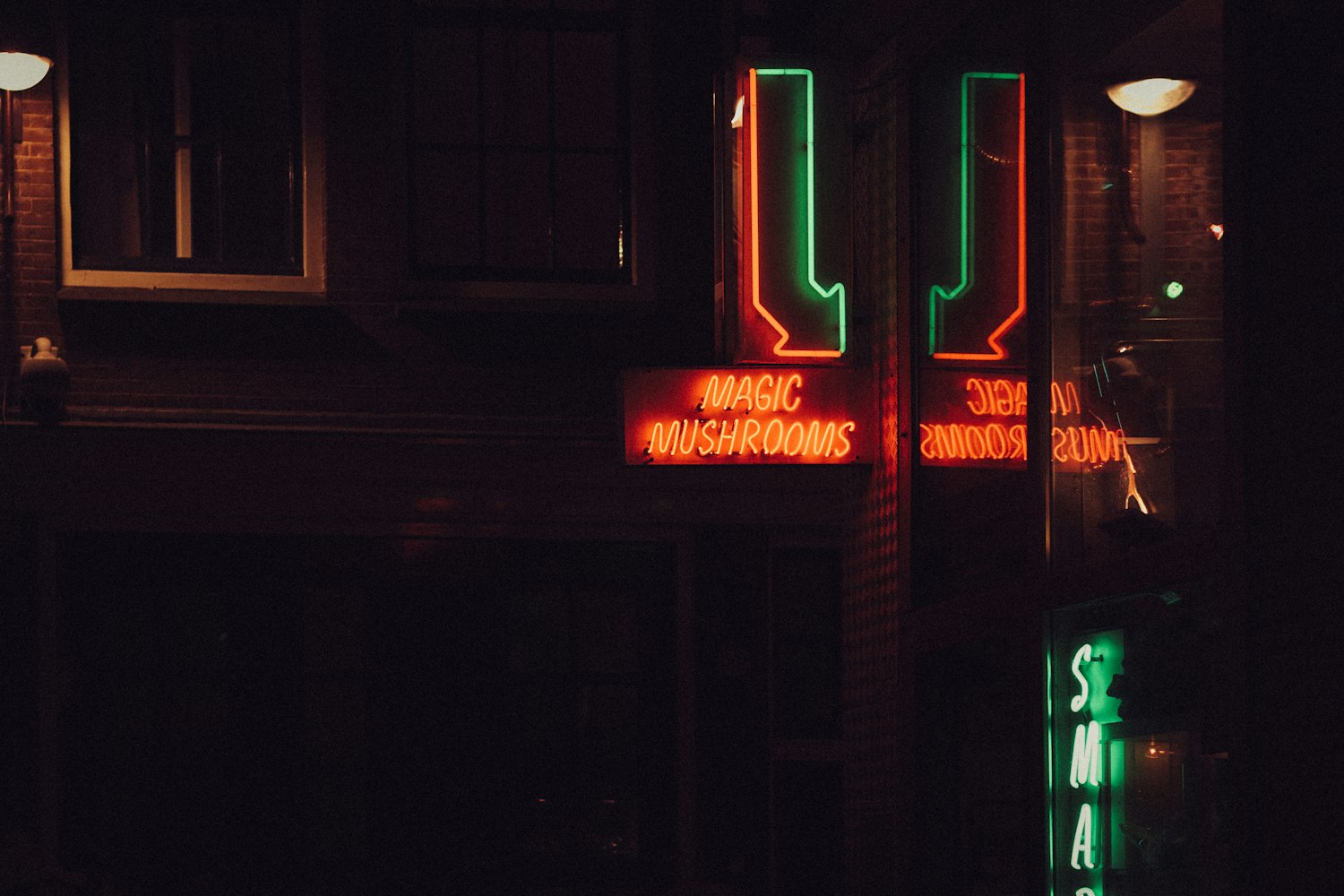June 3 is World Bicycle Day. The bicycle is not just a sustainable mode of transportation used the world over, it’s also a symbol of human advancement — in more ways than one
On an otherwise ordinary April afternoon in 1943, a chemist ingested 250 micrograms of LSD and rode his bike home. He was unaware that his journey would fundamentally change the way we understand psychedelics and ourselves.
“LSD spoke to me,” Swiss chemist Albert Hofmann reflected in the New York Times. “He came to me and said, ‘You must find me.’ He told me, ‘Don’t give me to the pharmacologist, he won’t find anything.'”
The bike ride that changed everything

On that bike ride home from the Sandoz laboratory Albert Hoffman quickly realized the power of the substance he had made first contact with. For the next 8 hours, he was convinced he wouldn’t survive the ordeal. “A demon had invaded me, had taken possession of my body, mind and soul. … The substance, with which I had wanted to experiment, had vanquished me. It was the demon that scornfully triumphed over my will,” he recalled in his memoir LSD: My Problem Child.
In the throes of his terror, Albert Hoffmann felt taken to another world away from his body and time itself. The incomprehensible, psychological mise en abyme only abated when a doctor checked his vitals, revealing a completely healthy man with “extremely dilated pupils.” Finally, LSD fully revealed itself to Hoffman in an explosion of kaleidoscopic beauty. The experience left Hofmann reborn. He immediately saw the potential for LSD in areas of pharmacology and psychiatry, but never imagined it used for “anything approaching pleasure.”
Albert Hofmann synthesizes psilocybin

Between the years of ebb and flow from early scientific inquiry to subsequent prohibition, Albert Hofmann had a complex relationship to LSD. Less than a decade after bicycle day, he became the first to isolate, synthesize and name the psychedelic compounds in magic mushrooms: psilocybin and psilocin (1).
Albert Hofmann compared his discoveries to nuclear fission. Substances with the power to “attack the spiritual center of the personality, the self,” he wrote. But he also believed in their power to reveal the ghosts of beautiful things traced onto memories, like the shadows of objects outlined by a nuclear flash.
Akin to the monumental midnight ride of Paul Revere, Hofmann’s unforgettable bicycle trip began a new wave of counterculture in the 1960s. Championed by the likes of Alexander Shulgin and Timothy Leary, Hofmann criticized the latter for ignoring the challenging side of LSD, as well as not adequately addressing the need for harm reduction practices. By 1985, Northern Illinois University professor of educational psychology Thomas B. Roberts officially memorialized April 19 as Bicycle Day. Bicycle Day continues to be a global celebration of the psychedelic community.
The enduring legacy of World Bicycle Day
For the rest of his life, Hofmann remained devoted to the new field of pharmacology he helped father on that spring afternoon in Basel. In his later years, he publicly condemned the worldwide prohibition of LSD. He advocated for clinical study of the drug as a controlled substance with the same status as morphine. Today, the psychedelic renaissance of the recent decades continues to push for new inquiries into psychedelic medicine. From treating conditions like depression and post-traumatic stress disorder to addiction and beyond.
Whichever trip you invite yourself on this World Bicycle Day, take the time to honour the spiritual aspects of creation, and the unexpected journeys that can change the course of our entire lives.
On his 100 birthday, two years before his death, thousands of scientists and artists alike gathered in Basel to celebrate the chemist who catalyzed the psychedelic era. Hofmann, all wrinkles and wisps of white hair, reminisced on his creation for the last time: “It gave me an inner joy, an open-mindedness, [a] gratefulness, open eyes and an internal sensitivity for the miracles of creation. … I think that in human evolution it has never been as necessary to have this substance, LSD. It is just a tool to turn us into what we are supposed to be.”



